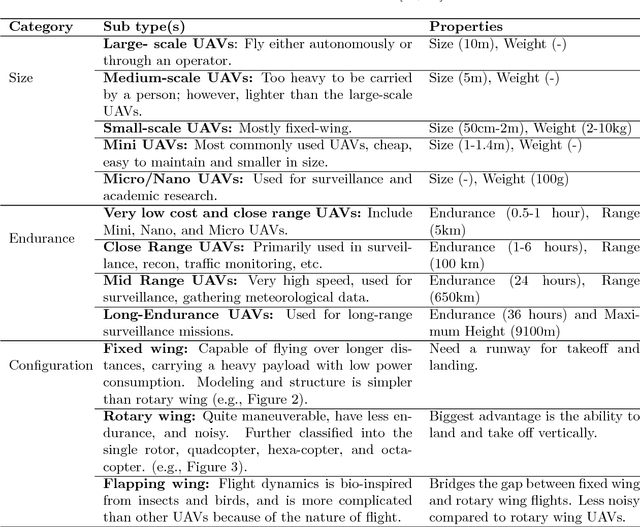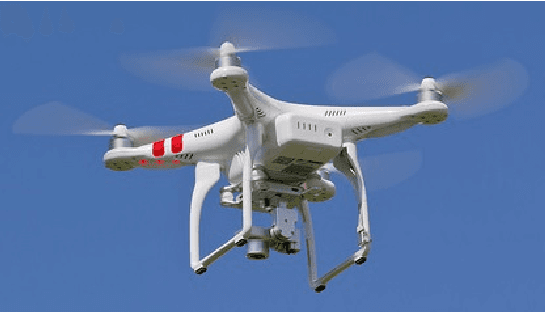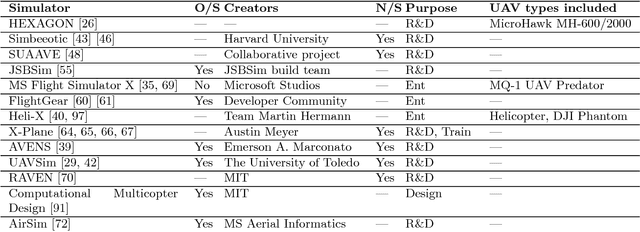Application Specific Drone Simulators: Recent Advances and Challenges
Paper and Code
Feb 02, 2019



Over the past two decades, Unmanned Aerial Vehicles (UAVs), more commonly known as drones, have gained a lot of attention, and are rapidly becoming ubiquitous because of their diverse applications such as surveillance, disaster management, pollution monitoring, film-making, and military reconnaissance. However, incidents such as fatal system failures, malicious attacks, and disastrous misuses have raised concerns in the recent past. Security and viability concerns in drone-based applications are growing at an alarming rate. Besides, UAV networks (UAVNets) are distinctive from other ad-hoc networks. Therefore, it is necessary to address these issues to ensure proper functioning of these UAVs while keeping their uniqueness in mind. Furthermore, adequate security and functionality require the consideration of many parameters that may include an accurate cognizance of the working mechanism of vehicles, geographical and weather conditions, and UAVNet communication. This is achievable by creating a simulator that includes these aspects. A performance evaluation through relevant drone simulator becomes indispensable procedure to test features, configurations, and designs to demonstrate superiority to comparative schemes and suitability. Thus, it becomes of paramount importance to establish the credibility of simulation results by investigating the merits and limitations of each simulator prior to selection. Based on this motivation, we present a comprehensive survey of current drone simulators. In addition, open research issues and research challenges are discussed and presented.
 Add to Chrome
Add to Chrome Add to Firefox
Add to Firefox Add to Edge
Add to Edge